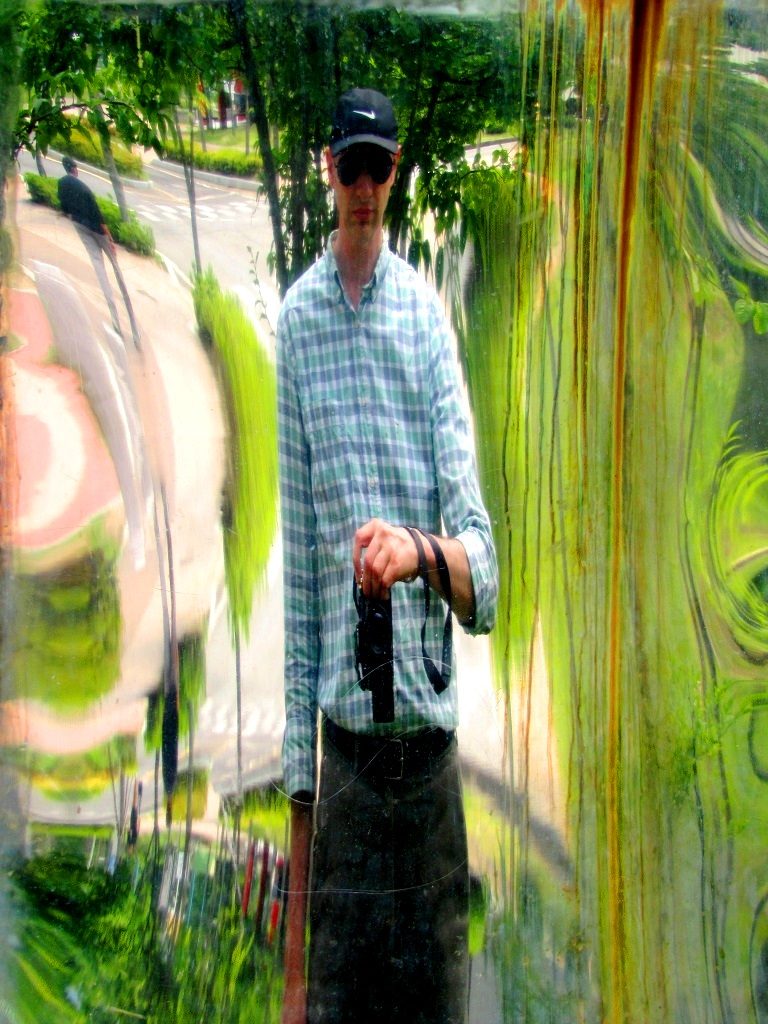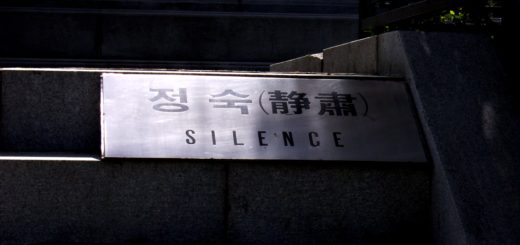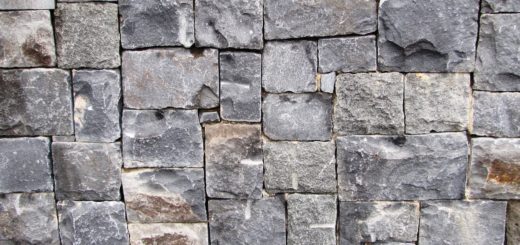Cancel Culture, Top to Bottom
Xi Jinping, at the G20 summit — why a communist murderer is even allowed to attend an international economic conference in the first place is one of those questions that can only be answered by adopting a resigned “Such are the times we live in” frame of mind — expresses anger that his private chastisement of Justin Trudeau, whose country’s political system China has been actively attempting to subvert for decades, was “leaked” to the media. Of course this is frustrating for Xi, who within his own country has always had, and is continually reinforcing, both the authority and the practical ability to summarily shut down all public mention of anything he finds inconvenient.
Best case scenario for all future engagement with the Chinese Communist Party: Xi and all of his government’s representatives agree to wear live recording devices on their persons at every moment, day and night, and to have all their electronic and digital communications monitored and collected, as a minimum condition for being permitted to attend any international conference or participate in any meeting outside of China, and the entire delegation, from Xi on down, is escorted home immediately on a military plane if any member of that delegation is found to have violated those rules for one second.
What’s good for the goose….
I have had a few opportunities in my life to attend art gallery or museum exhibitions where significant and famous works or artifacts of human civilization were on display. In every case, I have felt somewhat nervous being close to these important historical treasures, and humbled by the contemplation of sheer distance — that is, the distance in time and experience separating me from the souls and societies that produced these remnants of past life.
A man had an extraordinary feeling about the meaning of his faith or his fate or his love hundreds of years ago, represented it in paint on a flat surface, and here I am daring to gaze into the heart of this person who desired and suffered and rejoiced fifteen generations past, in a land I have never seen. His very hands moved over this slab of wood or sheet of canvas. He stared at this surface, as I am staring at it now, seeing the very same picture, although it was not yet there, but only in his imagination. The work itself is not sacred, nor the man superhuman, but it and he nevertheless evoke a certain reverence in the civilized viewer, precisely to the extent that that viewer is civilized: Here is a distant moment of essential human experience, preserved on this surface as though isolated from the vicissitudes of time; this was someone’s highest thought, deepest feeling, ultimate apprehension of the beautiful or of the meaning of his existence; in that moment, imagining and then presenting that image for all time, a man from ages ago communicated to the gods, and indirectly to the world, and ultimately to me.
At the exhibition of classic art, I am standing among dozens of such moments, preserving the soul-defining efforts of many past men. One must walk slowly and gently, and speak in hushed tones, for fear of disturbing the faintly present souls lingering along these walls for us.
Today, however, dozens of young people in their twenties — “adults,” they would have been called in past times, although the word is not so obviously applicable anymore — are attending such exhibits throughout Europe with one desire in their hearts, namely to throw paint or soup or oil at the most famous and beloved paintings they can find, and glue themselves to the work, in order to express their ersatz outrage against the supposedly terrible effects of something they call “capitalism.” Their intention, if we must aggrandize their ravings with that word, is to shock and somehow punish their contemporaries by ruining or sullying classic art. Their minds devoid of all but the immediate material world as it appears to their dull and flat senses, they look at the delicate remnants of man’s permanent search for eternity and see only expensive commodities to mar, property to wreck.
They undertake to murder humanity itself, the soul and its most precious aspirations, preserved for centuries by the thinnest layer of paste, in the name of nothing but their bland, ugly material present. For the sake of the inarticulate power lust of their bodies, the soul of the world must be dragged down to the level of their emptiness; it must die so they can pretend to live.



